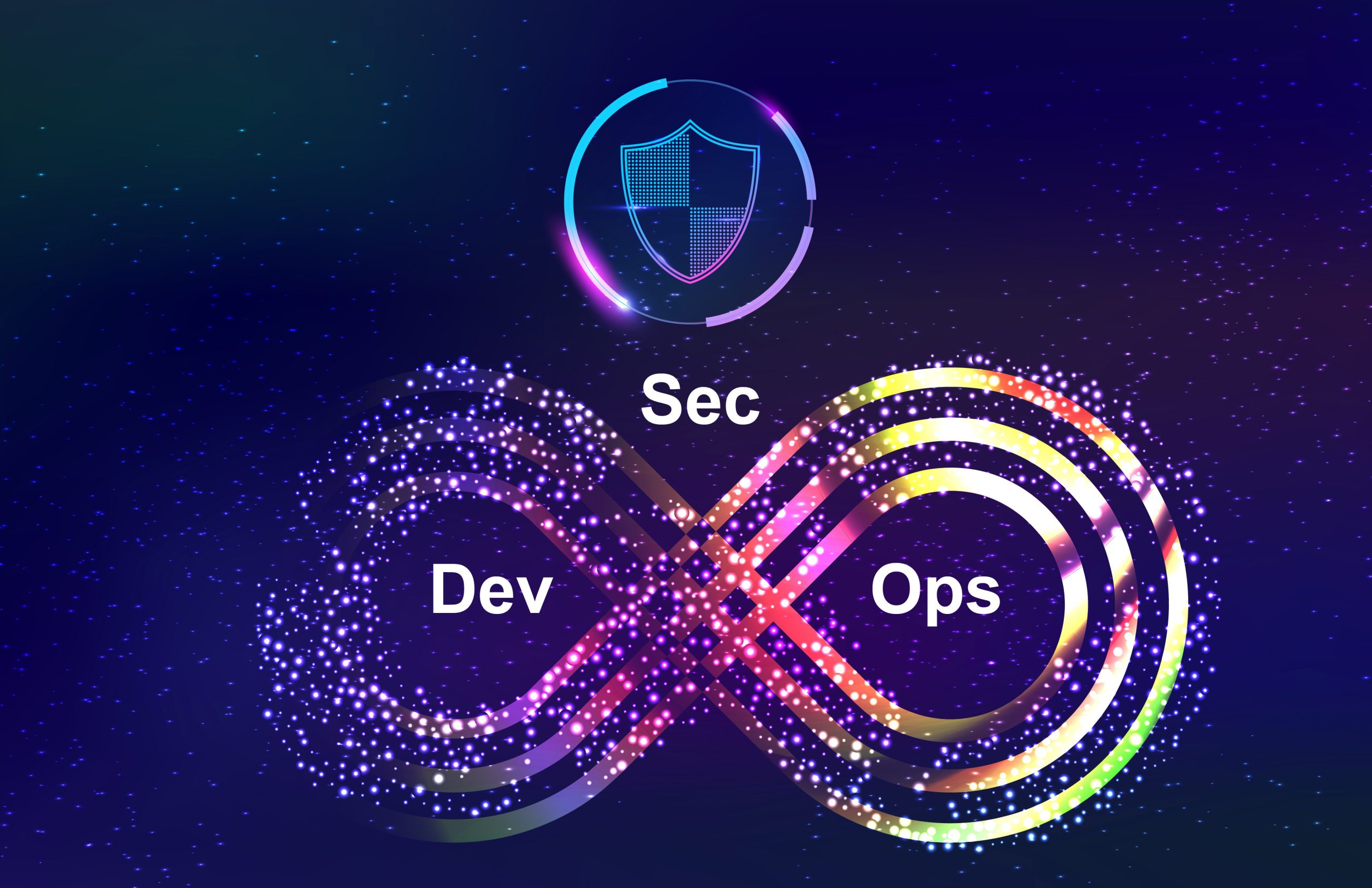DevSecOps: Bridging the Gap between Security and Development
In today’s world, where cyber threats are on the rise, it is essential for businesses to ensure that their software development process is secure. However, traditional approaches to software development often separate security and development teams, resulting in a lack of communication and collaboration. This is where DevSecOps comes in – a new approach that bridges the gap between security and development to create a more secure software development process.
DevSecOps: What is it?
DevSecOps is an approach that integrates security into the software development process from the start. It aims to foster a culture of security within an organization by involving all stakeholders in the development process, including developers, security teams, and operations teams. DevSecOps focuses on automated security testing throughout the development lifecycle, ensuring that security vulnerabilities are identified and resolved in real-time.
Why DevSecOps is important?
The importance of DevSecOps cannot be overstated. In today’s digital landscape, security breaches can be devastating to businesses, resulting in loss of revenue, reputation, and customer trust. DevSecOps helps to create a more secure software development process, reducing the risk of security breaches and improving the overall quality of the software.
DevSecOps also promotes collaboration and communication between development and security teams, breaking down silos and fostering a culture of shared responsibility for security. This helps to ensure that security is not an afterthought but an integral part of the development process.
Implementing DevSecOps
Implementing DevSecOps requires a cultural shift within an organization. It is not simply a matter of adding security testing tools to the development process but requires a fundamental change in how development and security teams work together.
To implement DevSecOps, organizations need to create a cross-functional team that includes developers, security professionals, and operations teams. This team should work together from the start of the development process, collaborating and communicating to ensure that security is integrated into every stage of the process.
Conclusion
In today’s world, where cyber threats are on the rise, it is essential for businesses to ensure that their software development process is secure. DevSecOps is a new approach that bridges the gap between security and development, creating a more secure software development process. By involving all stakeholders in the development process and fostering a culture of security, DevSecOps helps to reduce the risk of security breaches and improve the overall quality of the software. While implementing DevSecOps requires a cultural shift within an organization, the benefits are undeniable, making it a crucial approach for businesses in today’s digital landscape.



